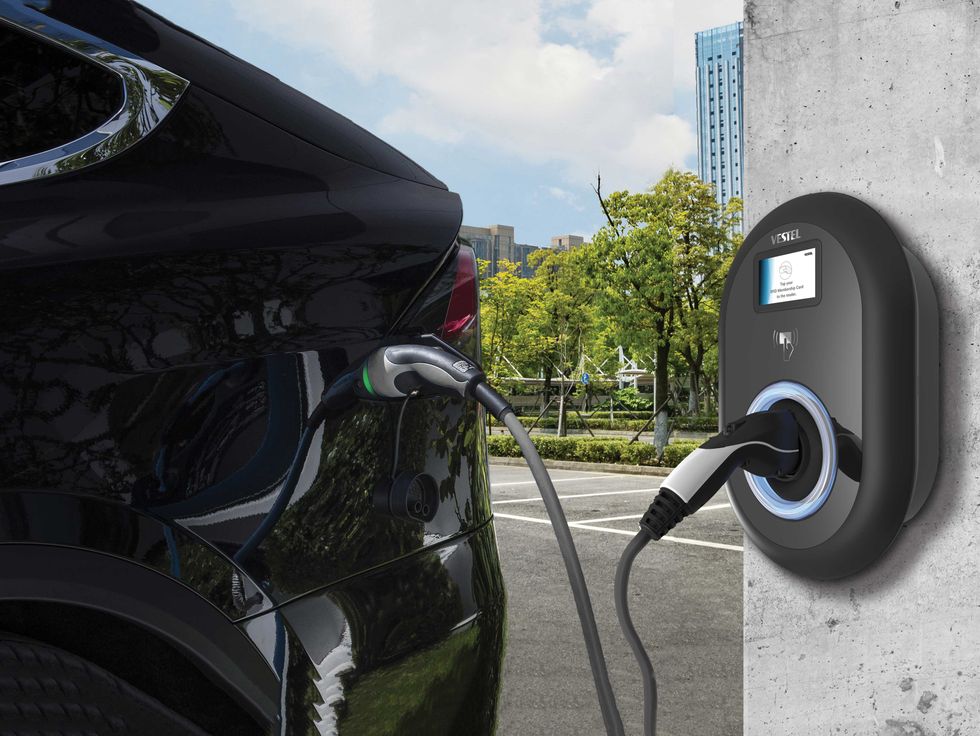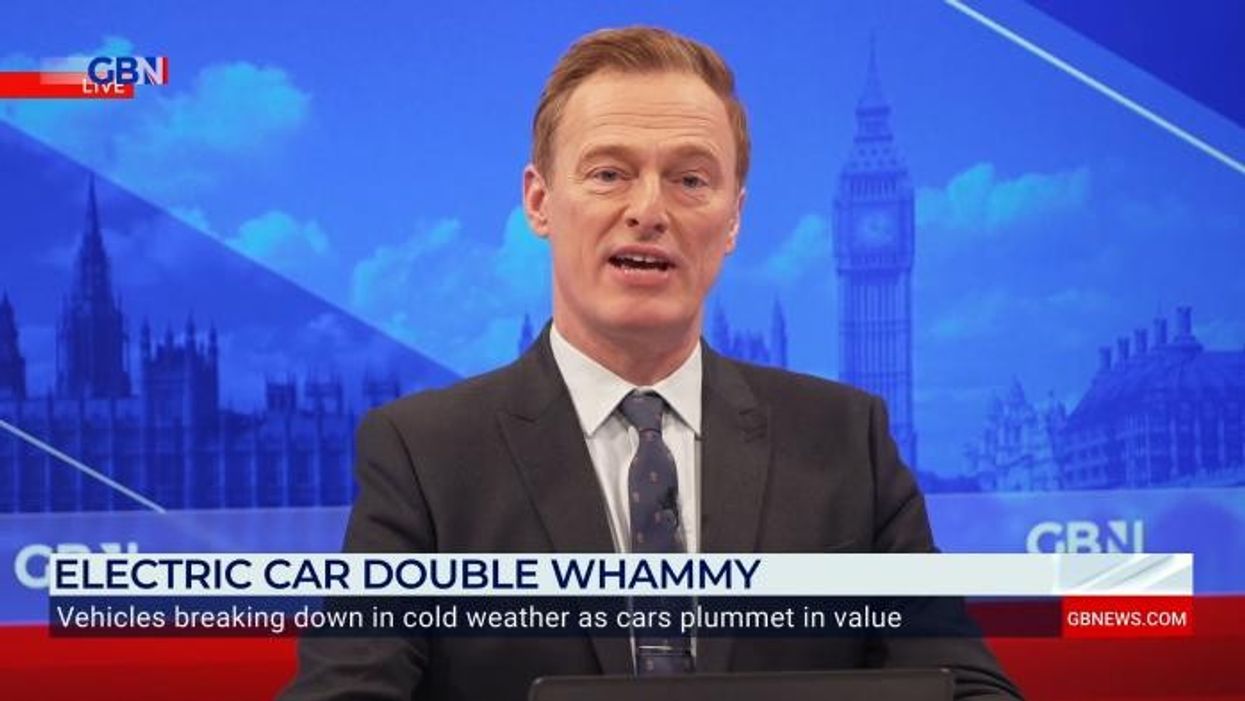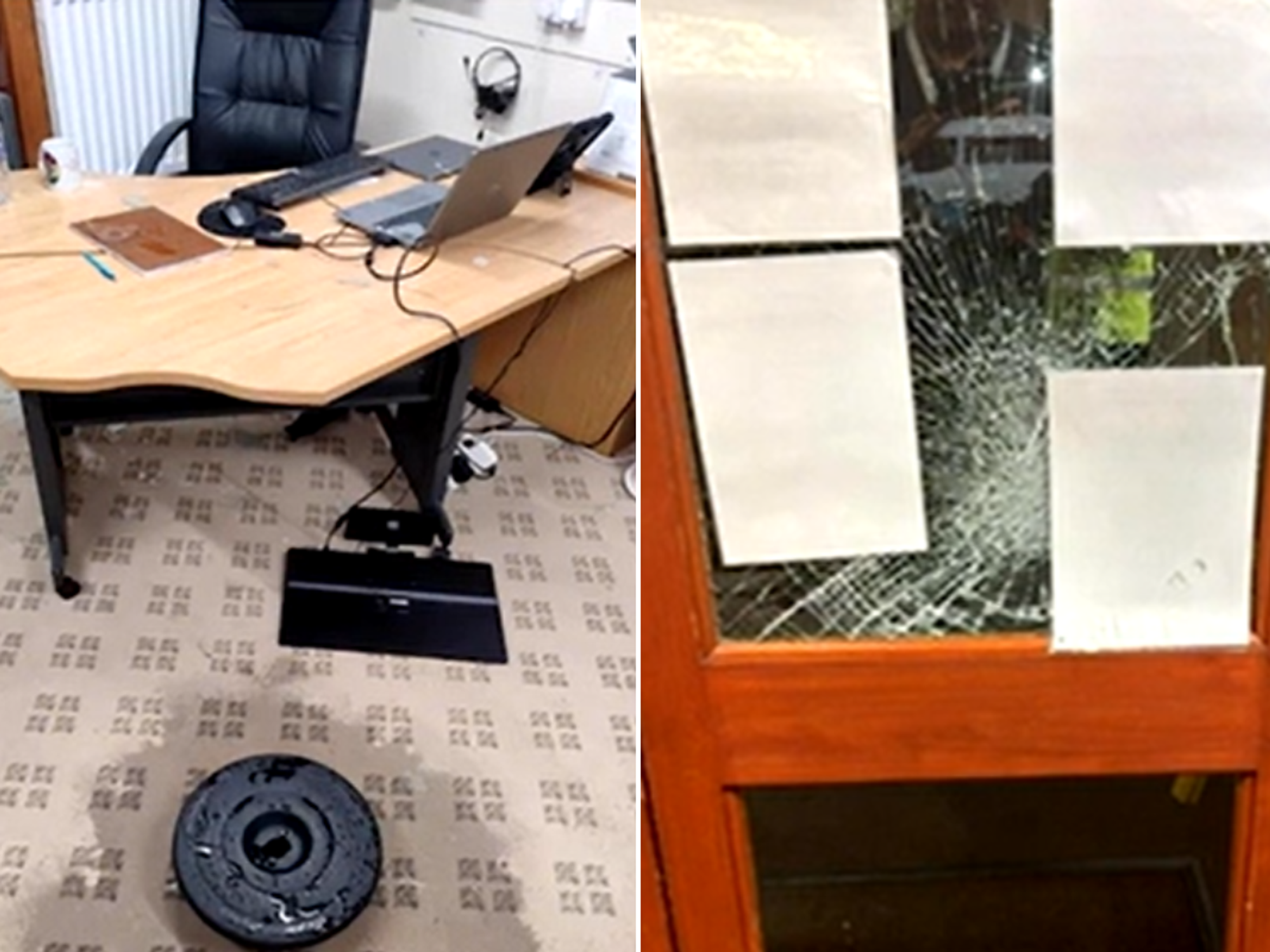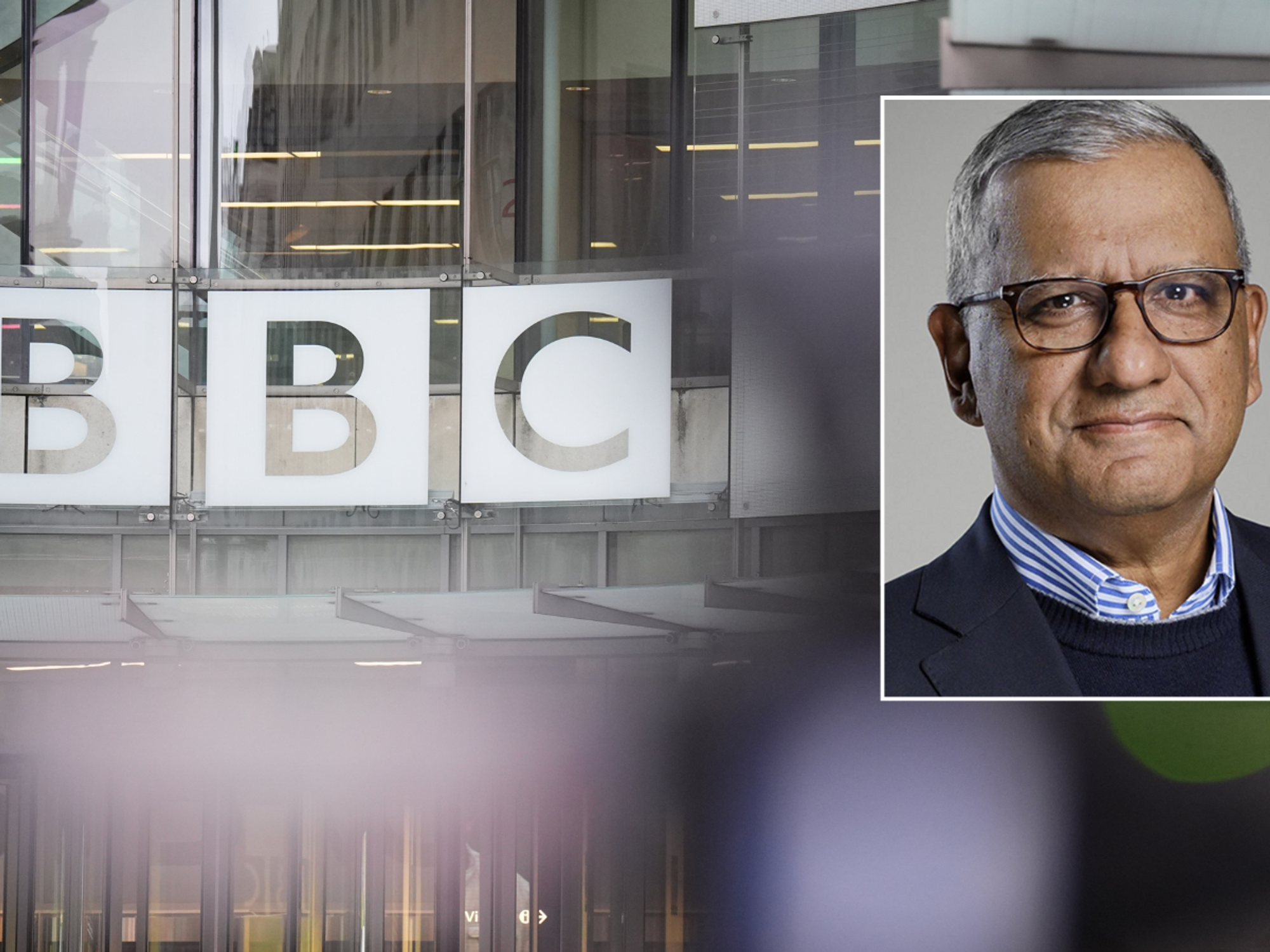Electric car charging rollout requires a complete change in mindset to help UK meet EV goals - analysis
Missed Government targets on Ultra-Fast electric charger installations are irrelevant as EV rollout requires a complete change in refuelling mindset
Don't Miss
Most Read
Stanlee Kelly, Technical Director at nationwide electric vehicle charge point installer Crystal EV
Government targets to have at least six rapid or ultra-rapid chargers at every motorway service area in the UK by the end of 2023 have fallen woefully short. Only 40 per cent of England's 119 trunk route service stations met the targets for offering EV chargers of 50kW or greater, despite the number of electric cars on the roads now approaching one million.
Yet, does that matter? As the UK shifts towards electric vehicles, the traditional reliance on refuelling stations will diminish long with EV range anxiety – making ultra-rapid motorway chargers irrelevant for most car users.
Car owners are standing at the cusp of a significant transformation, not just in how we drive but in how we refuel our cars. The transition from liquid fuels to electricity demands a fundamental change in mindset regarding how and where we charge our vehicles.
While a cornerstone of the internal combustion engine era, the traditional petrol station model won't work for EVs. The main reason is simple: the time it takes to charge an electric car.
Even ultra-rapid chargers take around 30 minutes for an 80 per cent fill-up against one minute for liquid fuels, so service stations will never be the default way of refuelling a nation of EV cars.

'The UK's ambitious EV plans simply need more businesses, councils, leisure and shopping facilities to join the EV revolution'
|VESTEL
Can you imagine popping into the local station to charge up before collecting the kids from school only to find a queue of cars in front of you that will all take half an hour or more to charge? And that assumes there will be ultra-rapid chargers at local fuel stations, which may not have the supply to support them in rural areas.
The concept of destination charging emerges as a pivotal shift in this new electric era. This reality of long charge times necessitates a rethink of our refuelling habits.
Rather than waiting until our car's battery is low before seeking a charging station, the new approach means integrating charging into our daily routines and topping up at every opportunity during the car's parked downtime.
Plugging your car in while you work, shop, catch a movie, or at home overnight if practical, is the future of EV. Almost every home, business, and public facility in the UK has a main power supply capable of running small (slower) charge points, making it feasible to integrate charging solutions quickly and affordably. The concept makes range anxiety a relic of the past.
For consumers, charging while your car is parked and you're engaged in other activities aligns naturally with daily routines, removing the need for special trips to refuel. It's more cost-effective than service stations too, potentially enabling cheaper overnight electricity and discounted or even free charging at work as an employee perk - which the Government has recently exempted from benefit-in-kind tax.
Installing EV chargers is equally appealing for businesses and local authorities, backed by Government incentives to help fund installation.
Companies that offer charging services can attract customers who will spend more time on their premises while their vehicle charges, attract and retain the ever-growing number of EV-using employees, and potentially make money from commercial charging.
The move would also underpin their broader environmental and sustainability objectives, enhancing their corporate social responsibility profile.
For power networks and operators, distributing the overall charging load's location and time of day through destination charging is pivotal to having enough electricity to supply the EV revolution in the future.
Motorway ultra-rapid chargers and their expensive fuel (c.75p/kWh compared to c.29p/kWh average UK domestic/business rate today) will become the preserves of HGVs and car users desperate for fuel – the same as they are today.
While the transition to destination charging is not without its challenges, particularly in densely populated or underserved areas, it is a scalable solution that leverages existing electrical infrastructure, well supported by Government grants and incentives.
LATEST DEVELOPMENTS:
- Millions of drivers could receive compensation if they used car finance before 2021 - 'Worth looking into!'
- Car tax changes need to be 'fundamentally redesigned' with calls to introduce new road pricing schemes
- Drivers demand the return of spare tyres as brands skip extra wheels to meet emissions laws and boost range

Stanlee Kelly is calling for a major rethink of the electric car charging network
|VESTEL
The UK's ambitious EV plans simply need more businesses, councils, leisure and shopping facilities to join the EV revolution.
As UK car drivers adjust to this new refuelling mindset, EVs will genuinely begin to support the UK's environmental goals and herald a new era of convenience and accessibility in personal transport.











